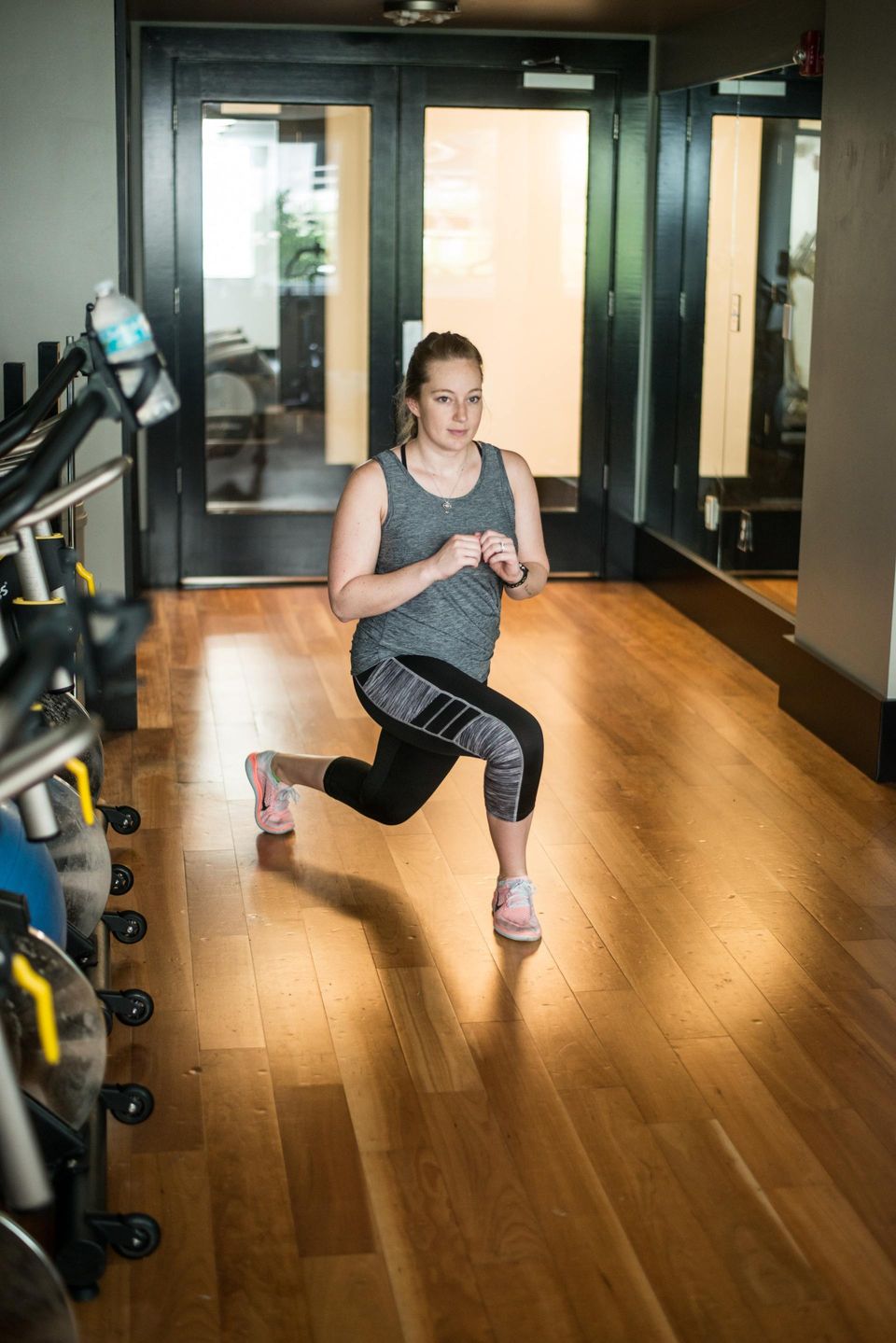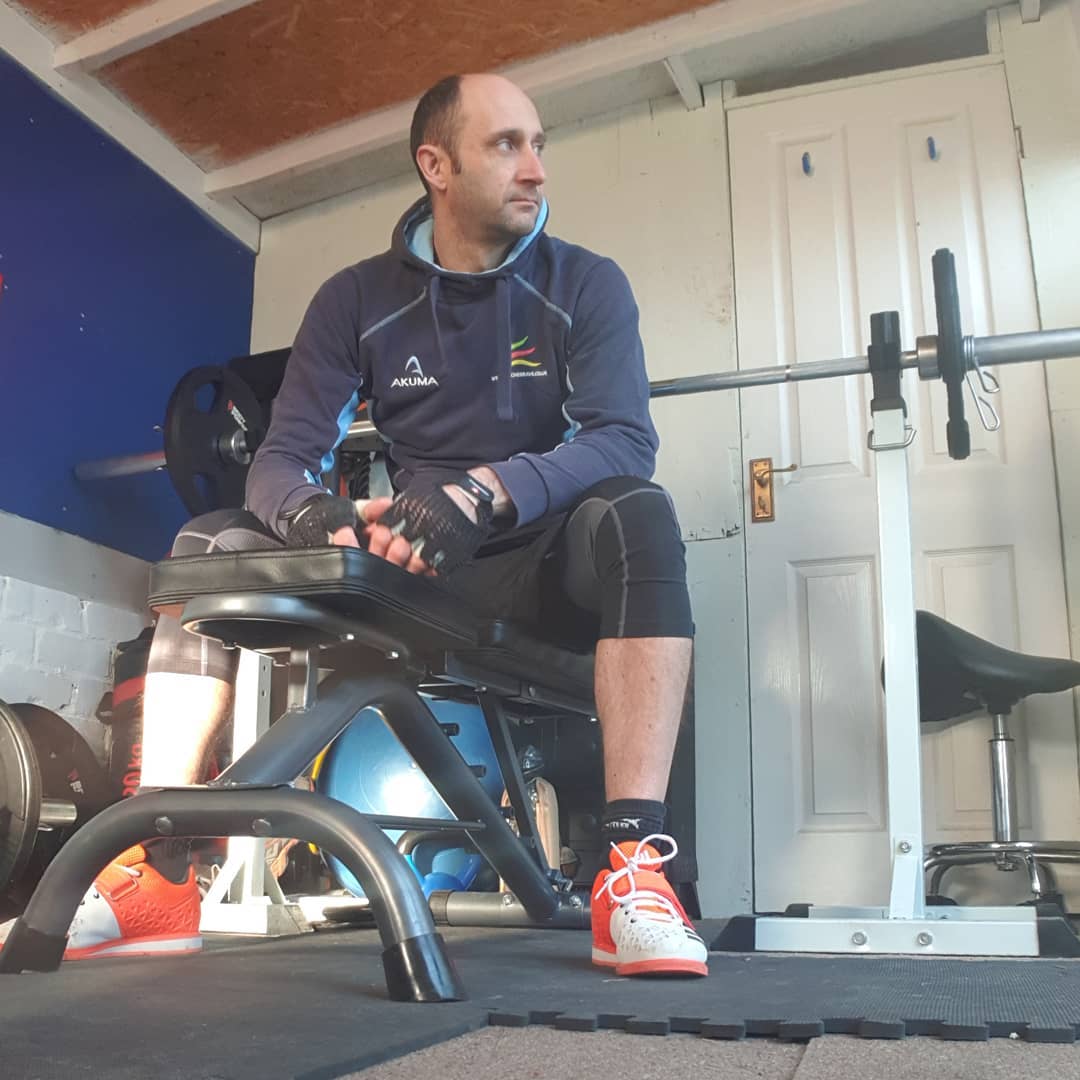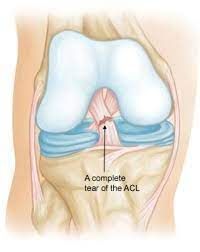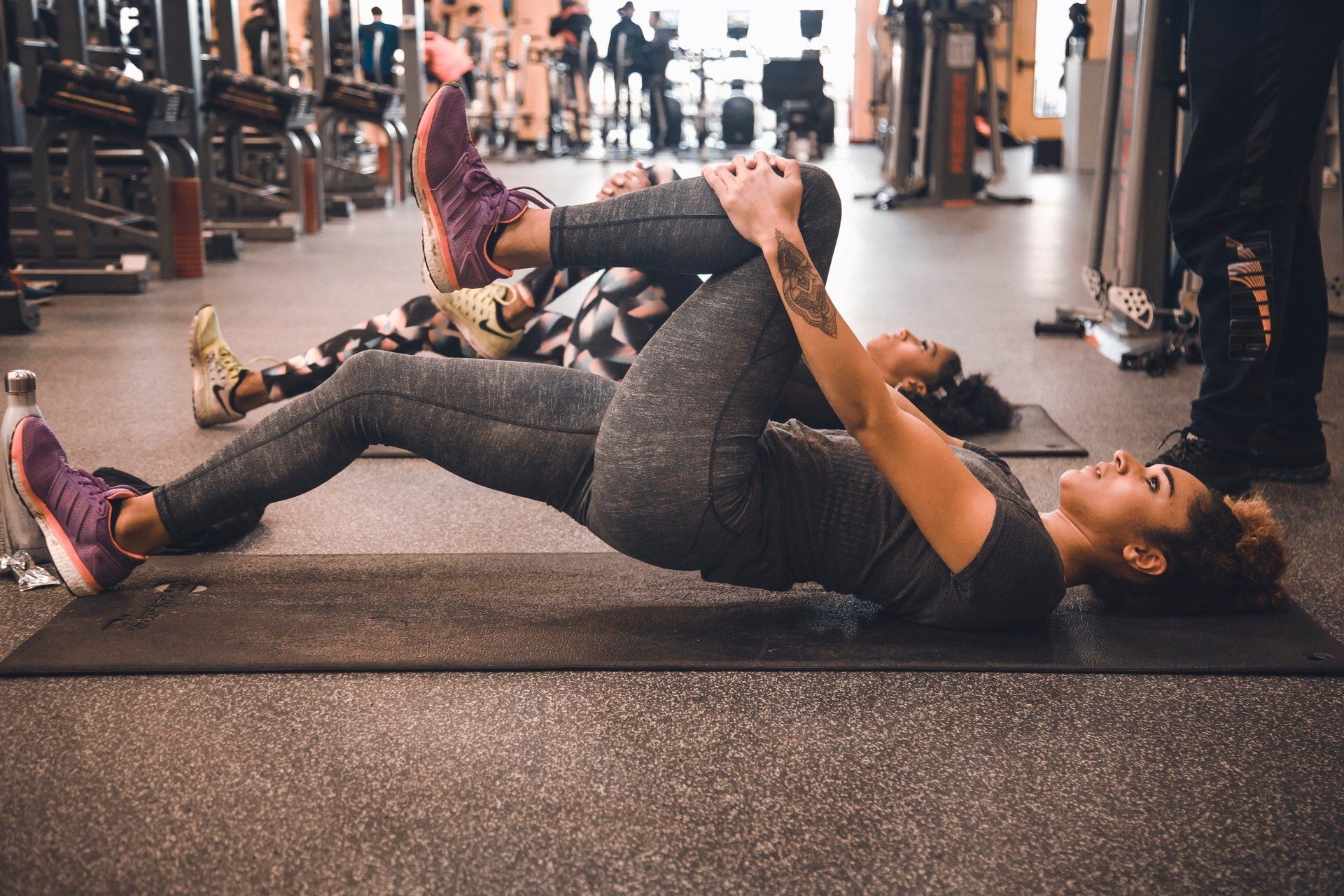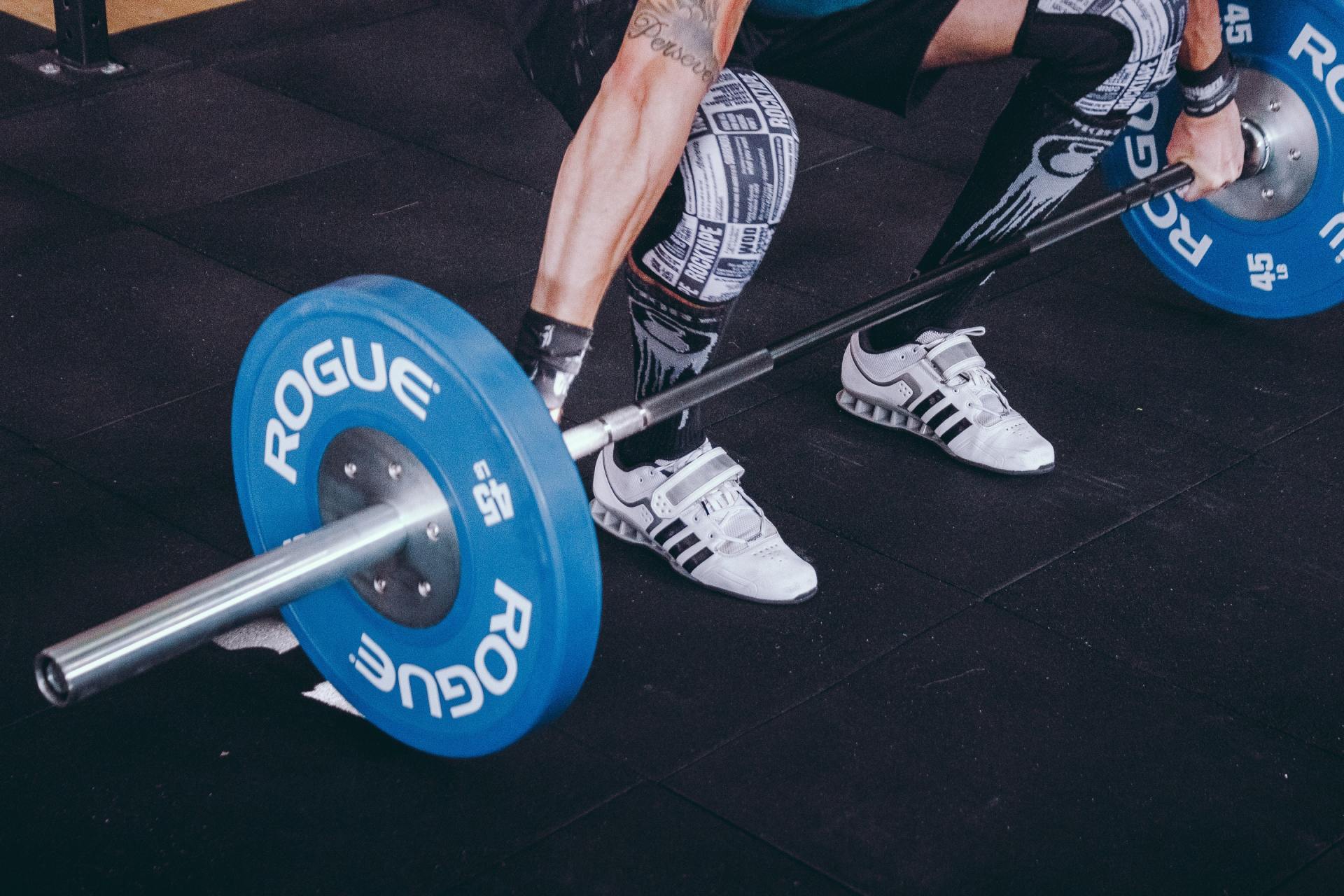Richard Watson, Olympic Sports Therapist
As a functional personal trainer and an Olympic Sports Therapist I have put together some home fitness workouts that you can achieve while not at work. Choose the plan that fits your general health at the moment and follow the schedule laid out, all plans can be downloaded to your device or viewed on your PC. Each plan lasts for 21 days and includes videos to all exercises. If you are unsure on which plan to choose I would advise to go for the easier one than what you think you are capable of.
Richard has trained top international athletes and worked on major sporting events dealing with people injuries and perofrmance. Richard runs his own Sports Therapy company providing functional fitness training and inury recovery to all types of athletes.
All Plans are free except for a minimal admin charge (which we can not change).


